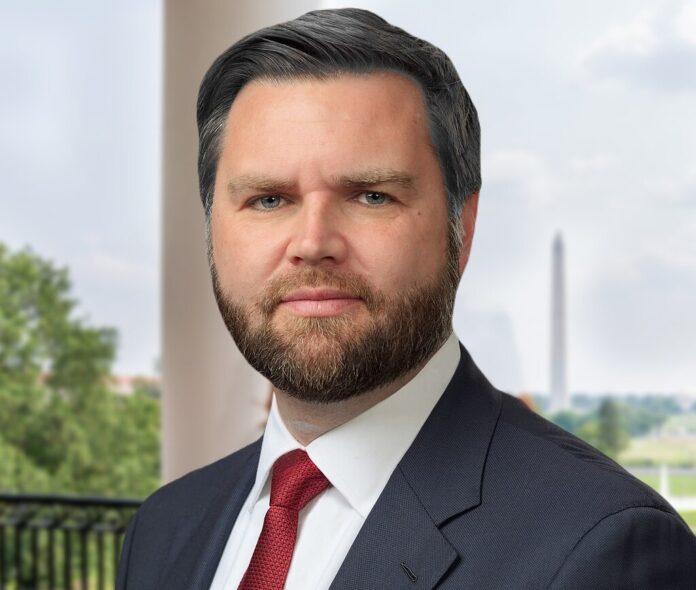In a stark declaration, U.S. Vice President JD Vance affirms the country’s stance of non-intervention in the ongoing India-Pakistan conflict
US Vice President JD Vance has stated that the United States will not intervene in the ongoing conflict between India and Pakistan, describing the hostilities between the two nuclear powers as “none of our business.” Speaking in an interview with Fox News on May 8, Vance made it clear that while the US would pursue de-escalation efforts, it could not compel either nation to cease fighting.
“What we can do is try to encourage these folks to de-escalate a little bit,” Vance explained. “But we’re not going to get involved in the middle of a war that’s fundamentally none of our business and has nothing to do with America’s ability to control it.”
Despite this non-interventionist stance, Vance reassured that the US would continue to engage through diplomatic channels, stressing that the primary goal was to prevent the conflict from spiraling into a broader regional war or, worse yet, a nuclear confrontation. “Our hope and our expectation is that this is not going to spiral into a broader regional war or, God forbid, a nuclear conflict,” Vance added, indicating the US’s concern over the potential escalation of hostilities.
Embed from Getty ImagesThe remarks echoed the “America First” policy that had been a hallmark of President Donald Trump’s administration, which often advocated for reduced US involvement in foreign conflicts. Both Trump and Vance have expressed reluctance to act as mediators in global disputes, particularly when those conflicts do not directly involve American interests. In the case of the ongoing Russia-Ukraine war, for instance, both have signaled their willingness to step back from attempting to broker peace if the two sides fail to engage in direct negotiations.
On the ground in South Asia, the situation between India and Pakistan remains volatile. On May 8, India announced it had intercepted missile and drone strikes launched by Pakistan, marking the latest round of tit-for-tat exchanges between the two countries. The previous day, Indian missile strikes on Pakistan had resulted in 31 fatalities, with India asserting it had targeted “terrorist infrastructure,” a claim denied by Pakistan, which insisted there had been no terrorist activity in the areas struck.
As tensions flare, US Secretary of State Marco Rubio engaged in diplomatic talks with both India and Pakistan, urging an “immediate de-escalation” of hostilities. Concurrently, foreign ministers from Iran and Saudi Arabia arrived in New Delhi to support regional peace efforts.
Vance had traveled to India the previous month, where he expressed hopes that India would retaliate against terrorist groups in Pakistan without escalating the conflict. Regarding Pakistan’s role in harbouring militants, Vance also urged cooperation to curb cross-border terrorism. “Our hope here is that India responds to this terrorist attack in a way that doesn’t lead to a broader regional conflict,” Vance remarked, referring to a recent attack in Kashmir by Islamist militants.
Despite the US’s limited role in direct intervention, the ongoing crisis highlights the fragile peace between two nuclear-armed neighbours, with both sides enduring cycles of violence and retaliation. While the US remains focused on diplomacy, it is clear that Vance’s administration is committed to avoiding deeper entanglement in the dispute.
